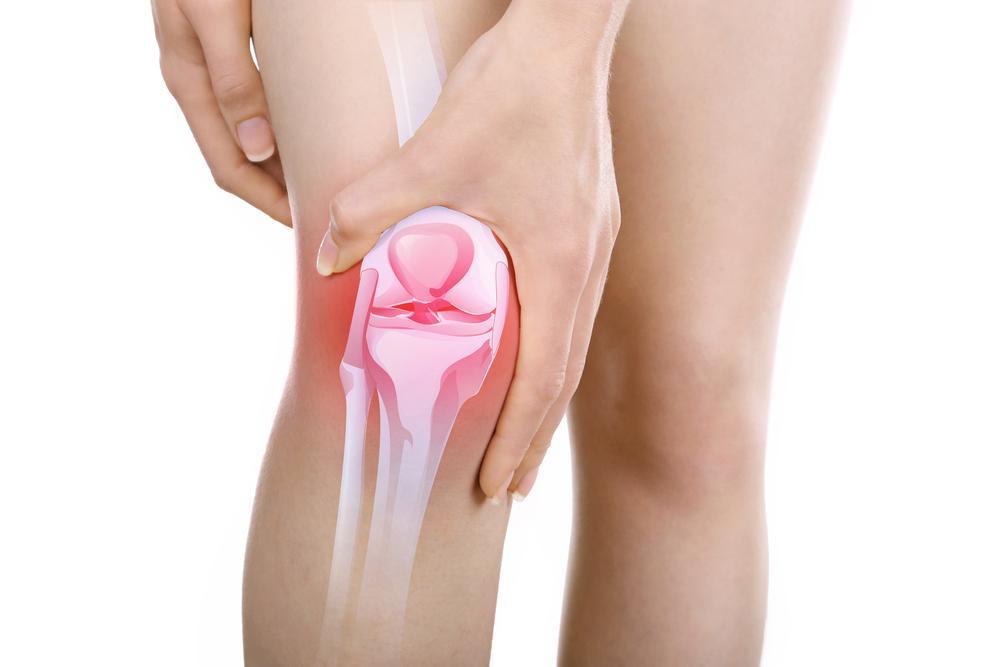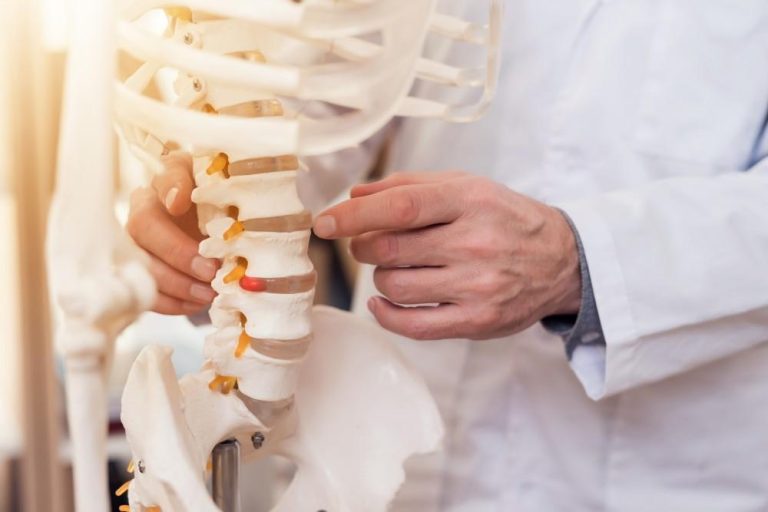
Knee pain is a common medical complaint, and it gets more common as we get older. Because our knees get a workout pretty much every day, helping us walk, climb stairs, and even sit and stand, even mild discomfort can have a big impact on your life. Physical therapy might help with some types of knee pain by improving strength and flexibility in the muscles and other supportive tissues. Steroid injections are another option, used to reduce inflammation in and around the joint. But while these treatments can help lessen some symptoms, they’re not always enough to provide meaningful, long-term relief of pain.
At Advanced Spine and Pain, we help patients overcome knee pain with stem cell injections aimed at actually helping to repair underlying joint damage. The complete procedure can be performed in just one office visit. Here’s how it works.
What are stem cells?
Stem cells are special cells that can differentiate or turn into any other type of cell in your body. In the early days of stem cell therapy, most research used embryonic or umbilical stem cells. But today, technological advances allow doctors to extract the cells from your own tissue, most commonly fatty tissue, bone tissue, or blood.
Stem cells are like “blank slates” until they’re acted upon by external factors. Those factors “tell” the cell what to become. Once the stem cells receive their “directions,” they begin to change into new cells that can be used to replace damaged tissue, including the tendons, ligaments, and cartilage tissue involved in many types of knee pain.
What to expect at your appointment
Once your doctor determines you’re a good candidate for stem cell therapy, you’ll be able to have your stem cell injections in just one office visit. At the beginning of your appointment, a small amount of blood will be drawn from your arm, just like having a regular blood test. Next, the doctor will inject a local anesthetic into your hip, numbing the area so they can extract a very small sample of bone marrow.
The blood and the bone marrow are processed using a device called a centrifuge, which spins the samples very rapidly to separate the stem cells from the rest of the material. Then, the doctor retrieves the separated stem cells and blood platelets and re-injects them into your knee.
The stem cell solution contains a very high concentration of stem cells — much higher than what your body naturally produces. Once the cells are introduced to the area of injury, they interact with surrounding cells to begin the healing process, forming new, healthy tissue to replace the damaged areas.
After the injection, you may have some soreness around your joint and some very mild tenderness in the area of your hip where the bone marrow was extracted (similar to the tenderness that follows a vaccination). The doctor will give you instructions regarding the amount of activity you should undertake, but in general, it’s a good idea to avoid anything strenuous during the very early stages of healing.
Stem cell therapy benefits
Stem cell therapy offers several potential benefits, including reduction of pain in your joint. Over the following weeks as the stem cells grow into healthy tissue to help repair the joint, you can expect improved joint function and mobility as well. The injections of stem cells also help stimulate the production of collagen, an essential part of healthy tissue.
Stem cell therapy can be a great choice for men and women with arthritis and other degenerative knee problems, and it may help with other types of knee injuries as well. During your initial consultation, your doctor will perform a careful evaluation of your knee and review your past treatments and your health history to make sure it’s the best option for you.
Put an end to knee pain
Don’t let knee pain take over your life. At Advanced Spine and Pain, we can help you find a solution to relieve your pain and improve your overall mobility. To learn more about stem cell therapy and how it can help you feel better, book an appointment online today.
]]>





